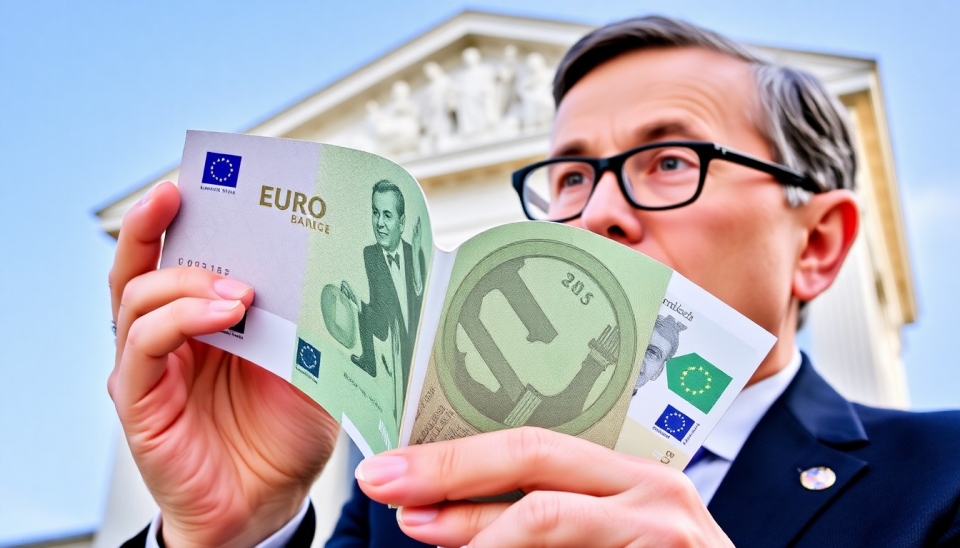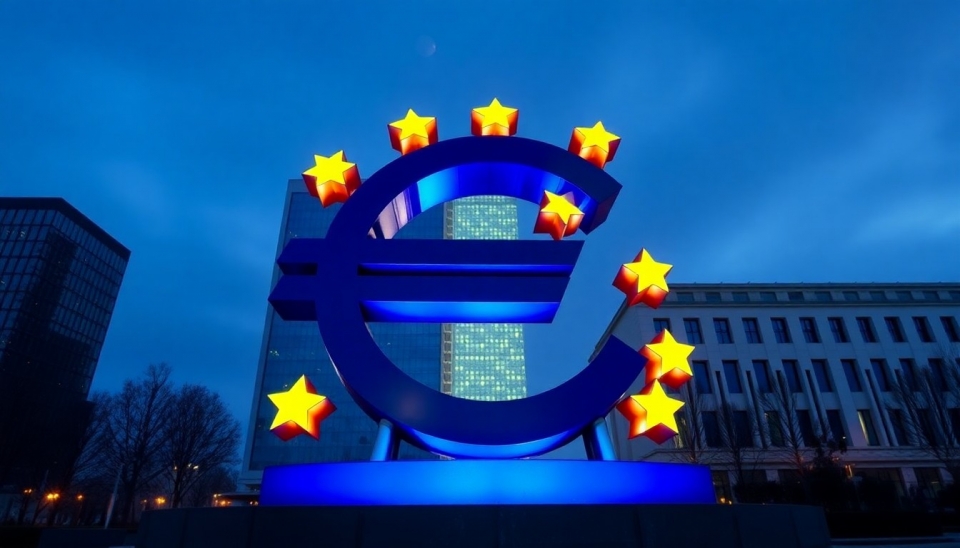
In a recent statement that reassured those concerned about the future of cash, European Central Bank (ECB) board member Fabio Panetta emphasized that the forthcoming digital euro is not intended to replace physical currency. During a financial conference in Paris, Panetta addressed anxieties surrounding the potential impact of a central bank digital currency (CBDC) on traditional cash, insisting that both can coexist harmoniously within the European economy.
The ECB is moving towards the introduction of a digital euro, a project that has captured public attention and sparked debates over the implications for privacy, monetary policy, and the accessibility of cash. As digital transactions become increasingly prevalent, the notion that a digital euro could render physical cash obsolete has stirred significant concern among citizens and economists alike.
Panetta aimed to alleviate these fears by stating unequivocally, “The digital euro will not eliminate cash; it will complement it.” He described the digital euro as an evolution of the euro currency, providing consumers with an additional, secure means of transaction while ensuring that cash remains a vital option for those who prefer it.
The ECB’s initiative for a digital euro stems from a broader global trend, with central banks exploring digital currencies to enhance financial stability and efficiency. According to Panetta, the digital euro could offer advantages like improved payment systems, particularly for cross-border transactions, and a more robust response to digital competition posed by private cryptocurrencies and payment services.
The rise of private digital currencies, such as Bitcoin and stablecoins, has presented challenges for monetary authorities. These alternatives often involve higher risks and volatility, which has prompted regulators and central banks to consider how to retain public trust in traditional currencies. A digital euro could potentially mitigate these risks by ensuring state backing through its issuance by the ECB, reinforcing customer confidence in digital transactions.
Panetta also highlighted the importance of striving for an inclusive financial system. He noted that the rights of users would be paramount, stressing that users of the digital euro would enjoy the same protections they have with cash. The ECB plans to engage in public consultations to ensure that citizens’ concerns and preferences are considered in the design and implementation of the digital euro.
In conclusion, Fabio Panetta's remarks came at a time when the European financial landscape is poised for transformation. As the ECB forges ahead in its plans for the digital euro, it remains crucial for the institution to address public sentiments about maintaining the essential role of cash in society. The goal, according to Panetta, is to create a balanced financial ecosystem that embraces innovation while safeguarding the traditional values associated with cash transactions.
With ongoing discussions and further development expected in the coming months, the future of the digital euro may define not only the landscape of European finance but also set a precedent for other nations considering similar technologies.
#DigitalEuro #EBC #CentralBankDigitalCurrency #Cash #Finance #Cryptocurrency #FinancialInclusion #PaymentSystems
Author: Sophia Reynolds
